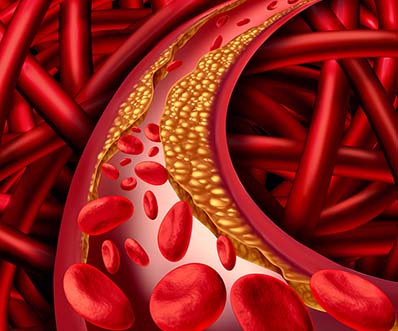SHORT NOTES: Roc’s March 2021 conclusion: Total cholesterol is safest between 210-249 mg/dl. LDL of 140 seems best. Take antioxidant vitamin C twice a day and E once a day to minimize ox-LDL. High triglyerides are harmful. Statins might be considered only if cholesterol is far above 250, and LDL far above 140! (see my essay on cholesterol) https://nutritioninvestigator.org/cholesterol; Early nutrition can affect late- life diseases, such as cardiovascular disease and mortality. Infections in early life can increase inflammatory levels and, together with diet, contribute to late-life diseases; Caffeine promotes the expression of telomerase reverse transcriptase to reduce cellular senescence and aging; Intermittent fasting was reported to lengthen life with the apparent contradiction that skipping breakfast shortens life; Sleep is critical in clearing brain waste, regulating hormone levels, and boosting the immune system.
LONG NOTES:
Roc’s March 2021 conclusion on ideal cholesterol based on 7 papers reviewed below at https://nutritioninvestigator.org/cholesterol: Total cholesterol is safest between 210-249 mg/dl. LDL of 140 seems best. So aim for HDL below 150. Take antioxidant vitamin C twice a day and E once a day to minimize ox-LDL. High triglyerides are harmful. Statins may cause heart attacks and strokes by calcifying arteries! Statins might be considered only if cholesterol is far above 250, and LDL far above 140. (see my essay on cholesterol) https://nutritioninvestigator.org/cholesterol
Early nutrition can affect late- life diseases, such as cardiovascular disease (Barker and Osmond, 1986) and mortality (Gluckman et al., 2008; Hanson and Gluckman, 2008). Likewise, infections in early life can increase inflammatory levels and, together with diet, contribute to late-life diseases (Finch, 2010).
Caffeine promotes the expression of telomerase reverse transcriptase to reduce cellular senescence and aging. Telomere shortening is one of the main causes for cellular senescence. Caffeine is a natural stimulant most commonly found in coffee and tea. In this study, caffeine was discovered to promote the expression of telomerase reverse transcriptase (TERT) at both mRNA and protein levels. https://pubs.rsc.org/en/content/articlehtml/2021/fo/d0fo03246h
Intermittent fasting was reported to lengthen life with the apparent contradiction that skipping breakfast shortens life. A 2019 study [1] seems to address both. Even after adjusting for diet quality and many other potential confounding factors[2], they still reported a 19% greater risk of dying in people who never ate breakfast.
Dreams from Science-Sleep is critical in clearing brain waste, regulating hormone levels, and boosting the immune system.


